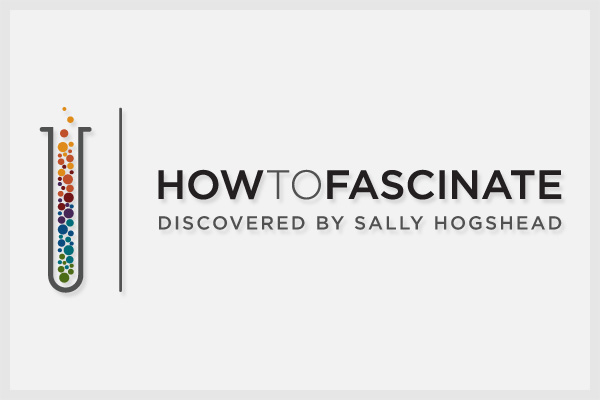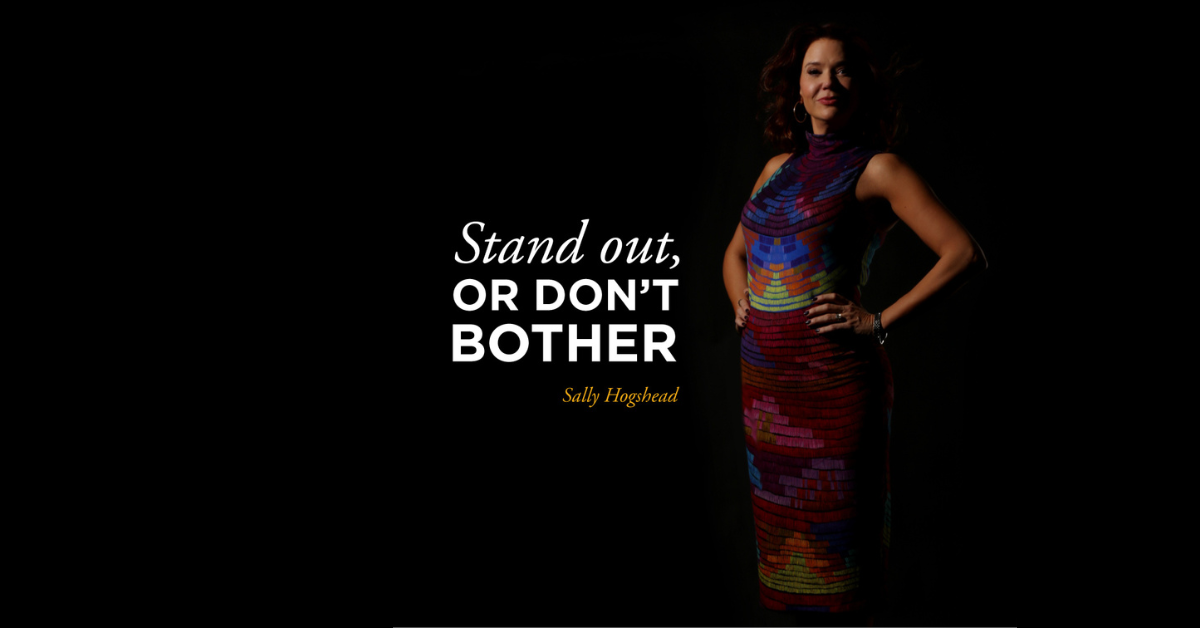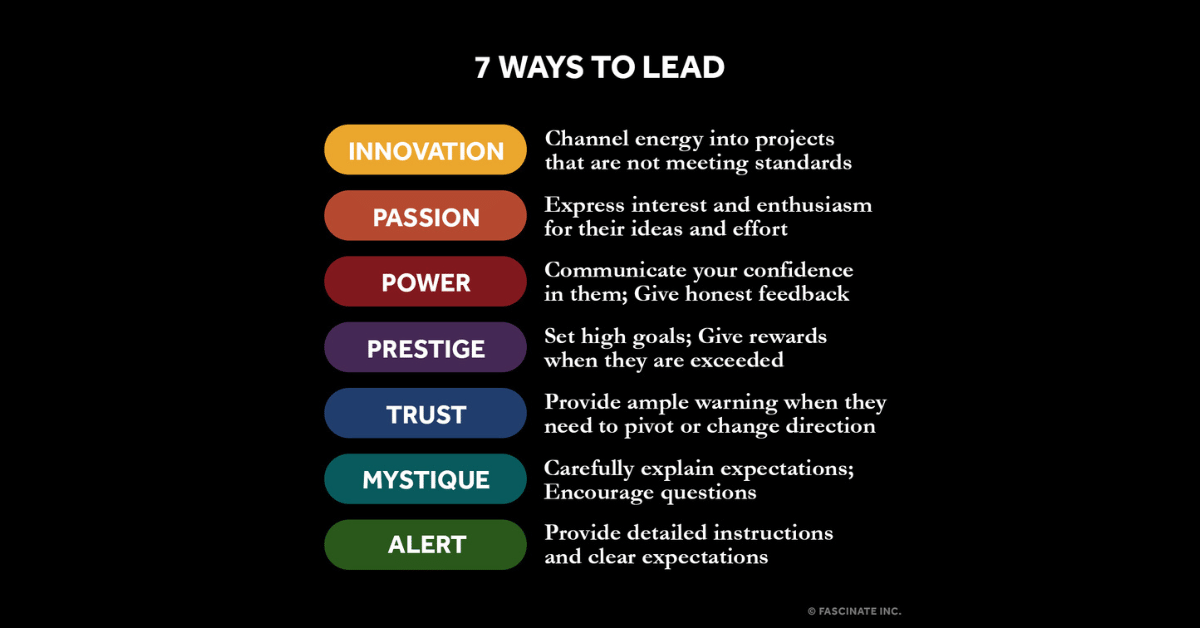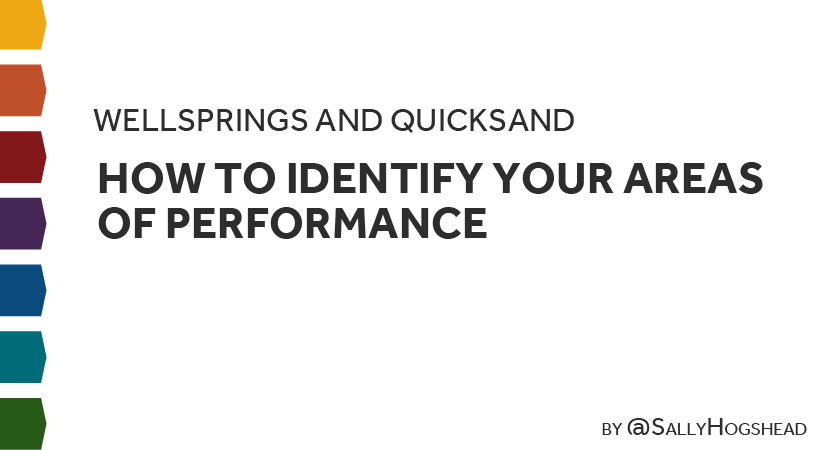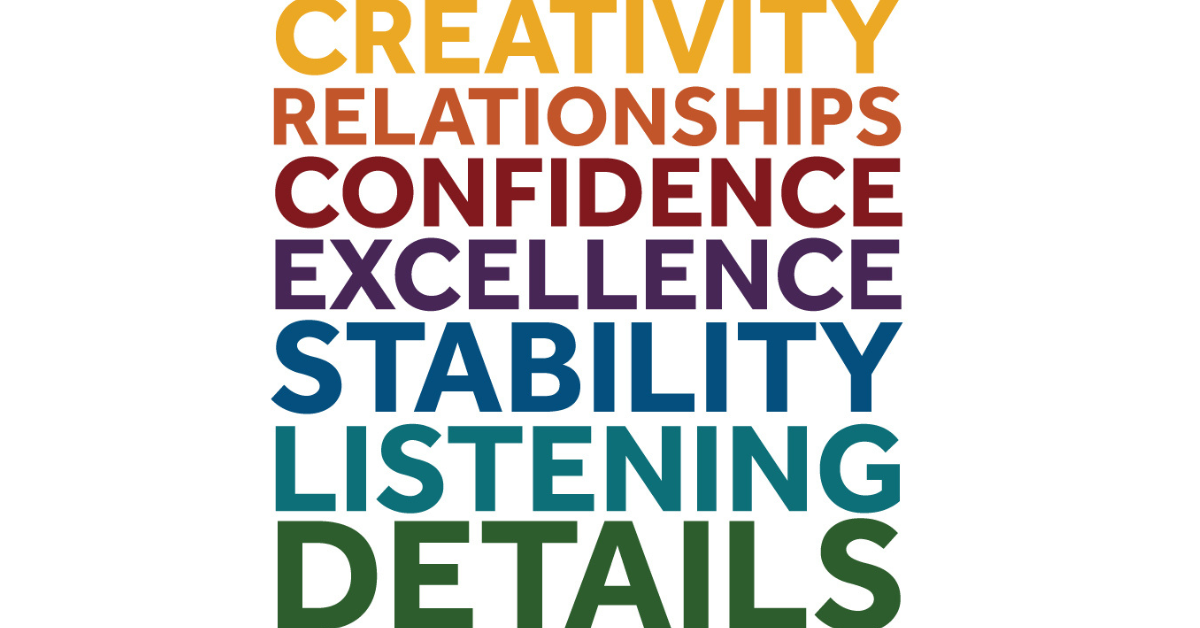Spam is usually something that clutters our inboxes with ads for fake Rolex watches. But the principles of spam apply to ALL communication: every meeting, every phone call, every comment you make in a meeting.
Think about how you feel when you receive a spam email… irritated, annoyed, resentful. The next time that person sends you an email, you’re far less likely to open the email, even if the sender now has a relevant message.
In fact, not only will you not open the email, but you might take active steps to avoid the sender. For example, you might mark the sender to automatically go into a spam filter, or you might click a button to opt-out of further communication. Once spammed, twice shy. People resent spam. They resent it in their inboxes and they resent it in their conversations and meetings.
What about you? You might not think of your communication as spamming. But if no one gets value out of your communication, it’s spam.
Spam is not about what you as the communicator think, but it’s about the perception of the person listening to you. If you’re emailing irrelevant information, or the same internet jokes as everyone else, or redundant reminders for the company softball match, your email can be considered spam. At least, it’s spam to them.
The next time you’re about to write an email to your manager or stop by a busy colleague’s office, pause to think about what you’re actually going to say.
PRINCIPLES OF FASCINATION:
Tweet: Every time you communicate, you are either adding value, or taking up space.
Tweet: If you are only taking up space, you’re at risk of being seen as human spam.
Before you reach out to communicate, think to yourself… what exactly is your goal in this interaction? Will your listener perceive that the interaction was productive and useful on both sides? Will they leave feeling more informed, or inspired, or equipped to succeed, or even a little entertained? This is when you are adding value.
Or, will your listener feel intruded upon, without anything to show for their investment of attention? This is when you’re just taking up space.
You are most likely to add value when you communicate using your top two personality advantages. (What are your two advantages? Find out now with the Fascination Advantage assessment.)
We’ve all met people in our organizations who take up space, without adding value. There’s the long-winded cubicle neighbor… the sales trainer who spends an hour repeating the same obvious points… the vendor who makes a blatant sales call under the thinly-veiled guise of “just reaching out to connect.” They take too long to get to the point. They ask for help answering a question that anyone can Google. They’re the vampires of mental space, sucking you lifeblood of focus.
Attention is the most precious nonrenewable resource. Don’t ask for attention until you are ready to give value first. Asking for someone’s attention comes with an obligation to deliver. To inform and enlighten.
Your influence as a professional will be measured according to your ability to get others to listen and take action.
There are patterns to how your personality is most likely to add value. We’ve studied hundreds of thousands of participants to decipher these patterns. You can find out how everyone on your team is likely to add value, with the Team Advantage program.
If you really want to add value, don’t just focus on what YOU think is important or interesting or funny. Instead, think about your recipient, and what they value from you.
If you waste someone’s time, they are less likely to give you their attention the next time. Once you lose that credibility, you’re not heading towards loyalty; you’re on the slippery downward slide to irrelevancy.
Beauty is in the eye of the beholder.
Value is in the opinion of your listener.

